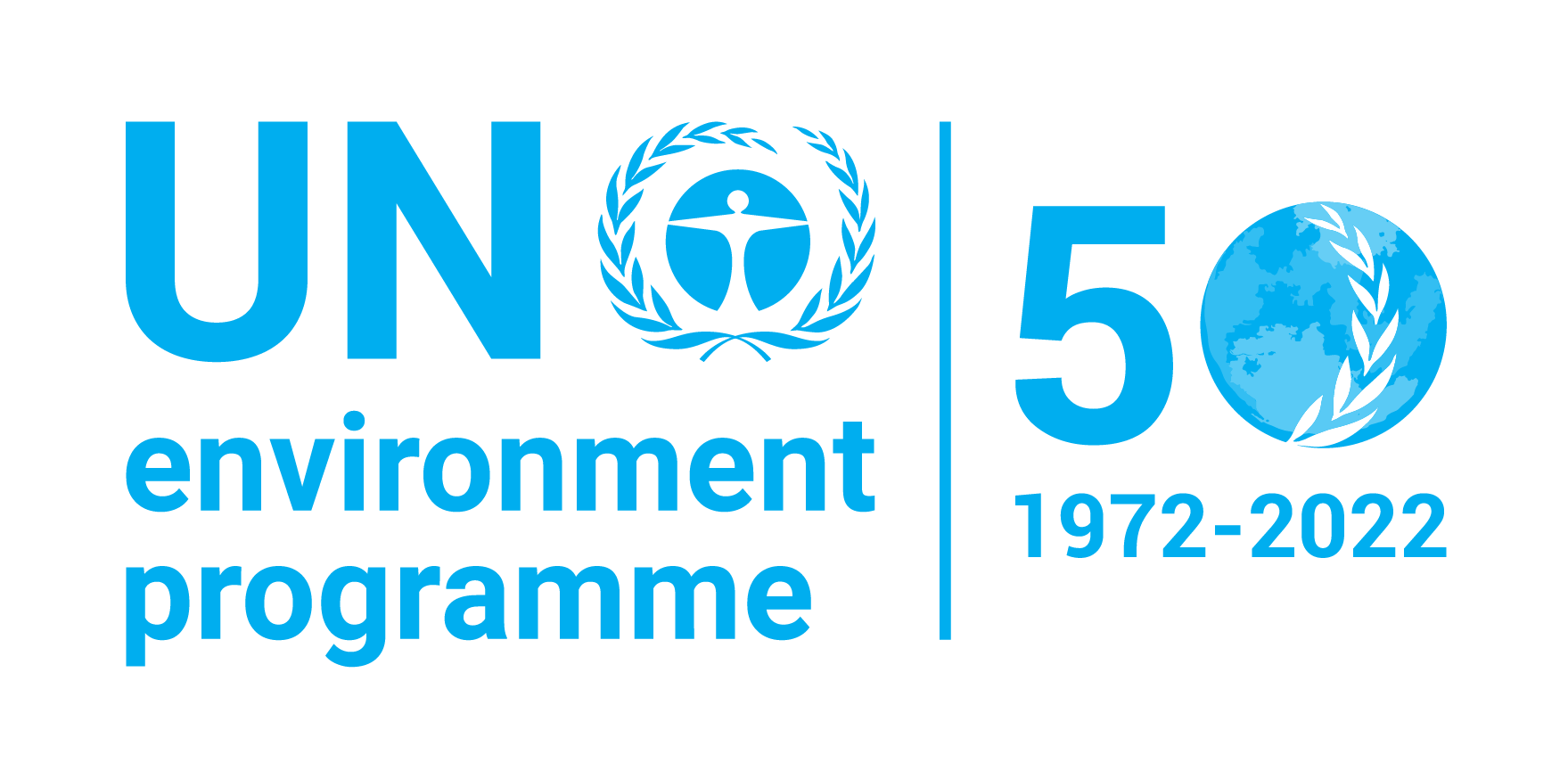| dc.contributor | DTIE | |
| dc.contributor.author | United Nations Environment Programme | |
| dc.coverage.spatial | Global | |
| dc.date.accessioned | 2016-10-11T20:02:37Z | |
| dc.date.available | 2016-10-11T20:02:37Z | |
| dc.date.issued | 2011 | |
| dc.identifier.other | DTI/1395/GE | |
| dc.identifier.uri | http://hdl.handle.net/20.500.11822/8075 | |
| dc.description | This publication examines the idea that Least Developed Countries (LDCs) possess the economic conditions, the natural and cultural assets, and the policy setting to embrace, if not lead, a green economy transition, which would in turn accelerate their development. In its simplest expression, a green economy can be described as one that is low carbon, resource efficient and socially inclusive. A green economy can take advantage of new growth trajectories designed to be more socially inclusive, as well as responsive to poverty reduction and economic diversification objectives. The conditions in LDCs provide a basis to pursue a low-carbon and resource efficient path of economic growth and development, anchored in investment and policy reform designed to enhance livelihoods for the poor, create employment opportunities and reduce poverty. | |
| dc.language | English | |
| dc.publisher | UNEP | |
| dc.relation | 220 | |
| dc.rights | Public | en_US |
| dc.subject | green economy | |
| dc.subject | energy | |
| dc.subject | sustainable development | |
| dc.subject | poverty | |
| dc.subject | energy | |
| dc.subject | waste | |
| dc.subject.classification | Climate Change | |
| dc.subject.classification | Ecosystem Management | |
| dc.subject.classification | Environment Under Review | |
| dc.title | Why a green economy matters for least developed countries | |
| dc.type | Reports and Books | |
| wd.identifier.old-id | 1142 | |
| wd.identifier.sdg | SDG 8 - Good Jobs and Economic Growth | |
| wd.identifier.sdg | SDG 12 - Responsible Consumption and Production | |
| wd.identifier.sdgio | http://purl.unep.org/sdg/SDGIO_00000042 | |
| wd.identifier.sdgio | http://purl.unep.org/sdg/SDGIO_00000046 | |


